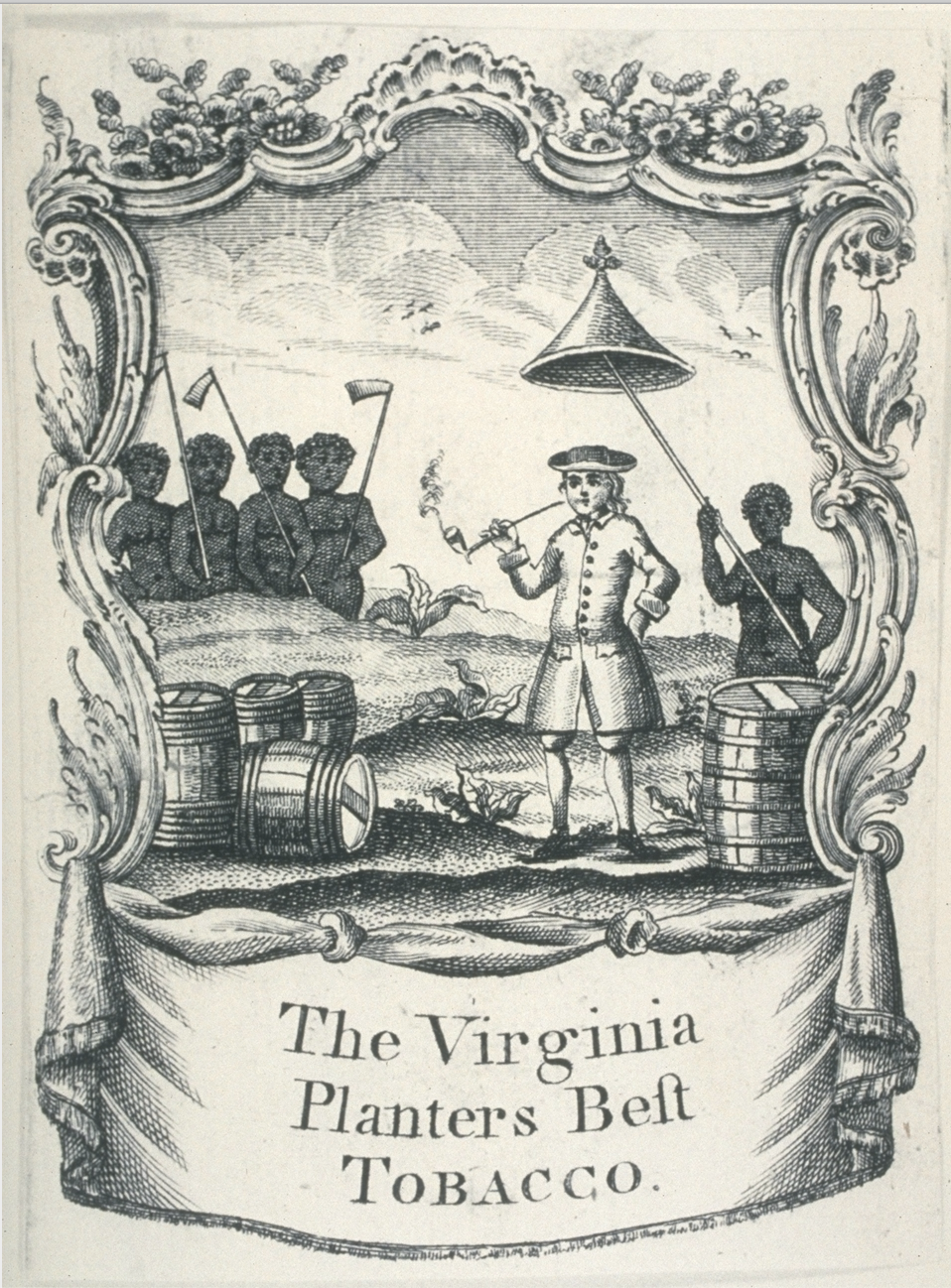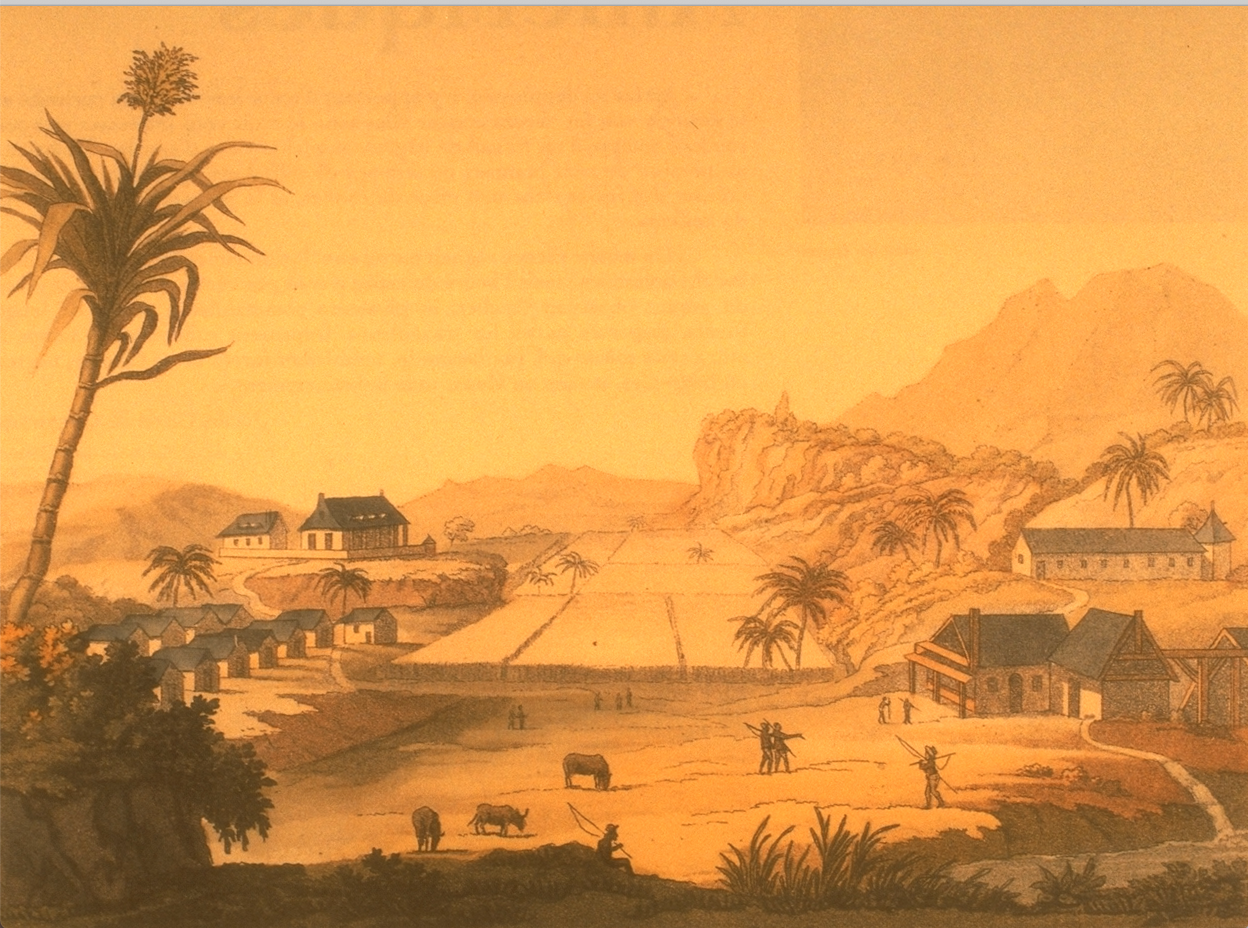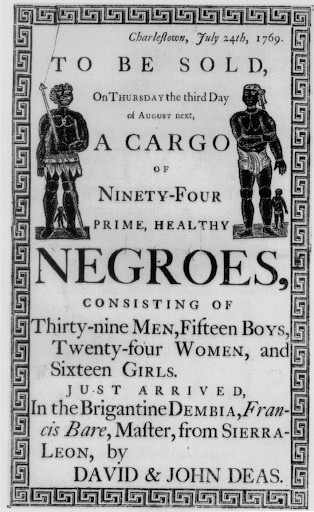ESTABLISHING CONTEXT
Establishing context is important in understanding the significance of Equiano's World and the role that Gustavus Vassa played in the abolition movement. Vassa's autobiography does not always clearly establish context, and sometimes his own misunderstandings cloud an appreciation of his own evolution as an intellectual and political activist. Vassa's rendition of the notorious "Middle Passage" has to be understood in context, for example. Similarly, Vassa's exploration of different religions is worthy of reflection, while his role in the abolition movement has spawned an important scholarly literature. That Vassa's slavery overlapped with the Seven Years War requires an understanding of where he was and when, and the impact that his risky adventures had on him. His role in the first Sierra Leone colonization scheme and his importance in the abolition movement also require some discussion. Finally, Vassa's involvement in the radical politics of London in the early 1790s help to establish the context in which his autobiography was received.


